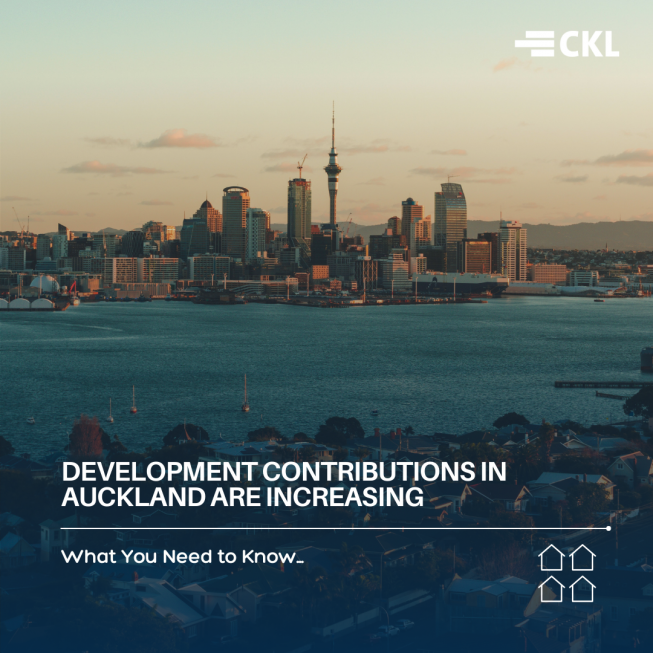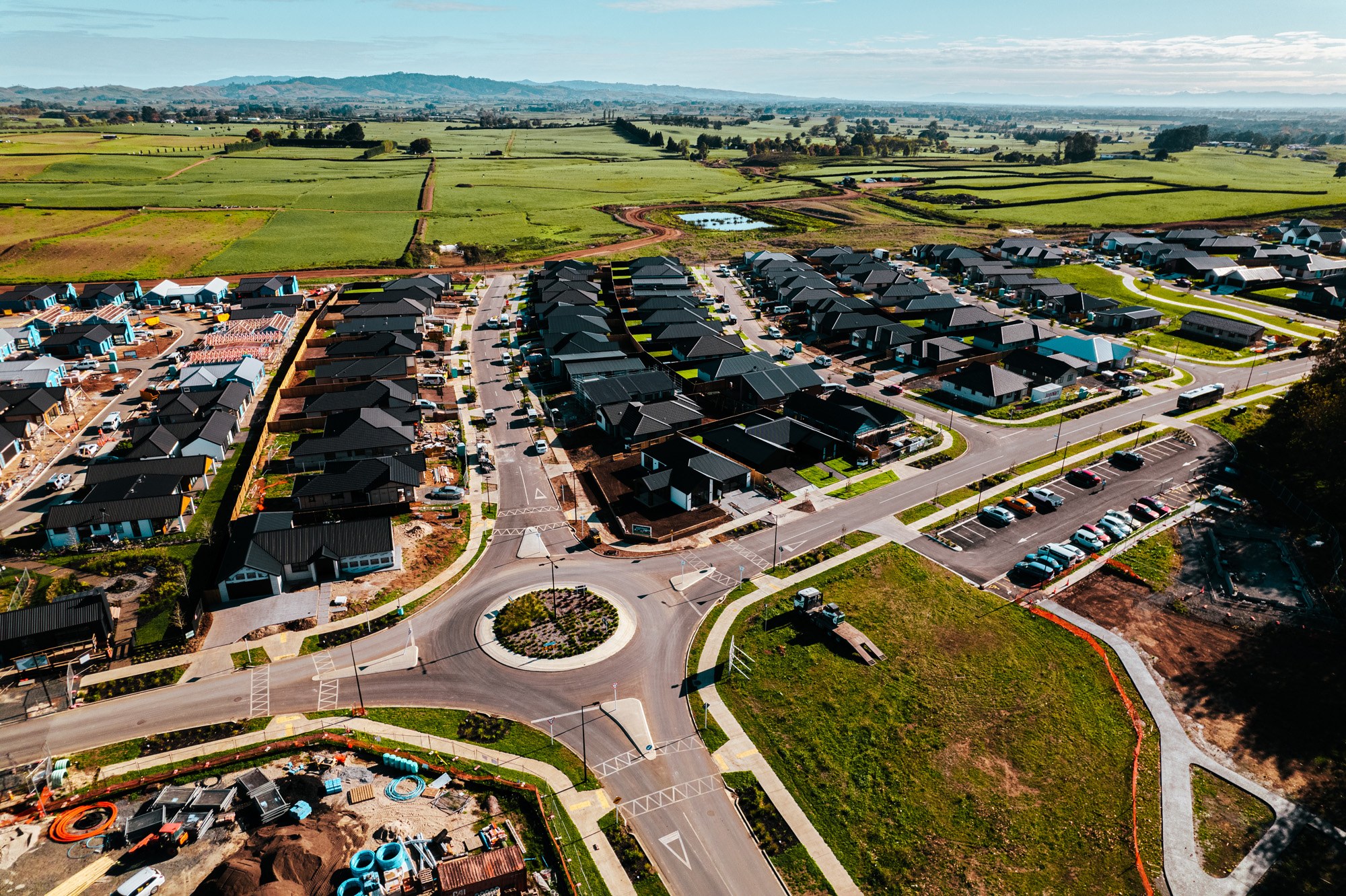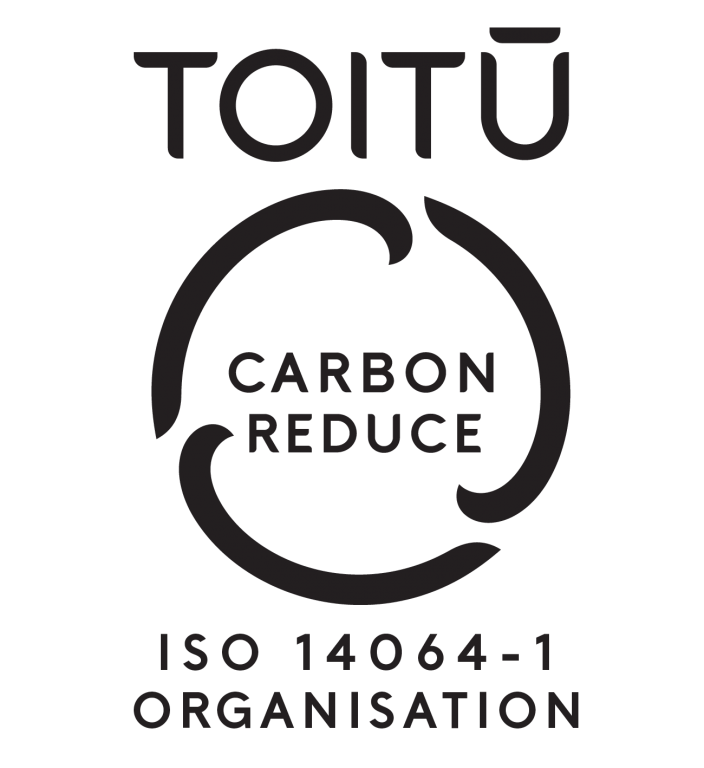After 29 May 2025, developers and landowners in Auckland could face significant increases in development contributions (DCs), with charges potentially rising by as much as $88K per lot or household equivalent unit (HUE). Here’s what you need to know about these upcoming changes and how they could impact your next project.
Auckland Council is introducing major updates to its Development Contributions (DC) Policy, which will be in effect for all new consents lodged after 29 May 2025. However, if a resource consent application is lodged before 29 May 2025, the current DC policy will still apply. These changes will have a substantial financial impact on developers, and it’s crucial to understand what’s changing and how it affects your plans.
What are development contributions?
Development contributions are fees that councils charge to developers and landowners to help fund the infrastructure required for growth, such as roads, parks, stormwater systems, and community facilities. These fees apply when new lots are created or new dwellings are built.
Every few years, Auckland Council reviews its Development Contributions Policy to reflect updated infrastructure costs and growth projections. The latest update, consulted on in 2023, will apply to all new consents lodged after 29 May 2025.
What’s changing?
The most significant change in the upcoming policy is the increase in development contributions across Auckland, with particular emphasis on Investment Priority Areas (IPAs), where fees will rise sharply.
- Standard areas: DCs will rise from approximately $20,000 to $30,000 per lot or HUE.
- Investment priority areas: These areas could see charges rise as high as $119,000 per lot or HUE, depending on the location.
- Red Hills
- Westgate
- Whenuapai
- Māngere
- Tāmaki
- Mount Roskill
- Parts of Central Auckland and the Northwest
Why the increase?
Auckland Council has stated that these changes are necessary to meet the growing demand for critical infrastructure in fast-developing areas. The increased charges are intended to reflect the actual cost of upgrading and delivering infrastructure to support intensification in the targeted regions.
Feedback and changes in the DC policy proposal
After significant feedback from the development community, Auckland Council has made some adjustments to its original proposal. Here’s what’s new:
- The 30-year collection period for funding infrastructure will likely be dropped, addressing concerns that it was too long and unfairly pushed future costs onto developers today.
- Investment Priority Areas with massive DC increases will likely be removed.
- The overall DC increase will be a more manageable 43% citywide, compared to the previous draft, where some areas saw increases of up to 400%.
- There will likely be adjustments to the proposed growth costs and infrastructure delivery based on expert feedback and the scrutiny by Councillors Hills and Simpson.
- Before 29 May 2025: If you lodge a resource or building consent before 29 May 2025, the current DC charges will apply.
- After 29 May 2025: If you lodge on or after 29 May, the new DC rates will apply.
Further changes coming?
In addition to Auckland Council’s proposed updates, the New Zealand Government is considering broader reforms to how infrastructure is funded at the national level.
In February 2024, Housing Minister Chris Bishop suggested replacing the current DC model with a new system where developers would pay upfront for infrastructure, allowing councils to build more quickly and reduce project delays. While this change is not immediate, it signals that the way infrastructure is funded may continue to evolve.
Our advice to developers and landowners
- Check your location: Make sure you know whether your site falls within one of the Investment Priority Areas.
- Update your feasibility models: These new charges could impact your margins and the viability of your project.
- Seek expert advice: Our planners can help you navigate site-specific risks and opportunities under the new policy.
Need help?
If you're ready to assess a site, prepare a consent application, or need advice on timing, CKL's expert planning team is here to help. Let us guide you through these changes to ensure your project’s success.
Get in touch with our team





